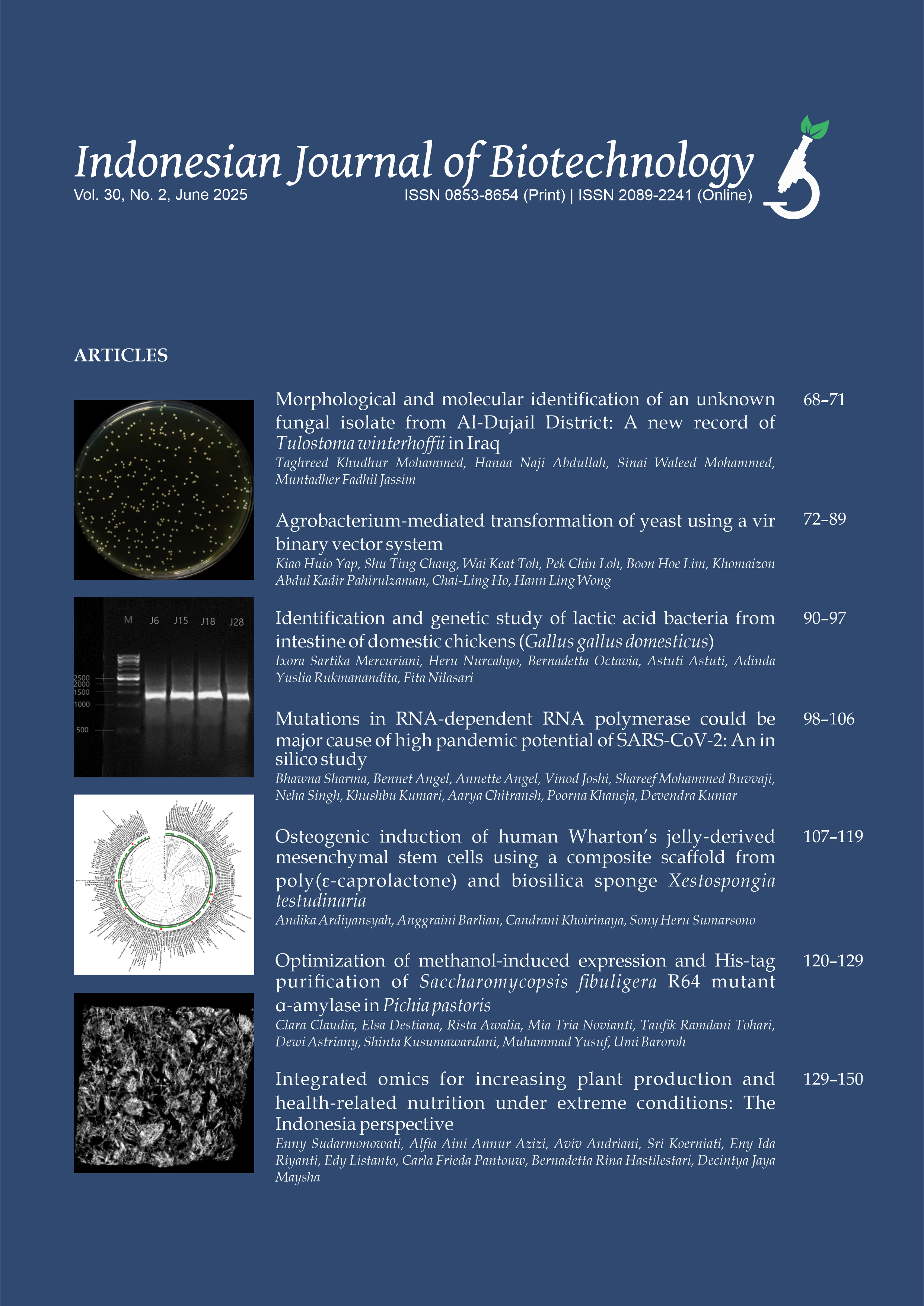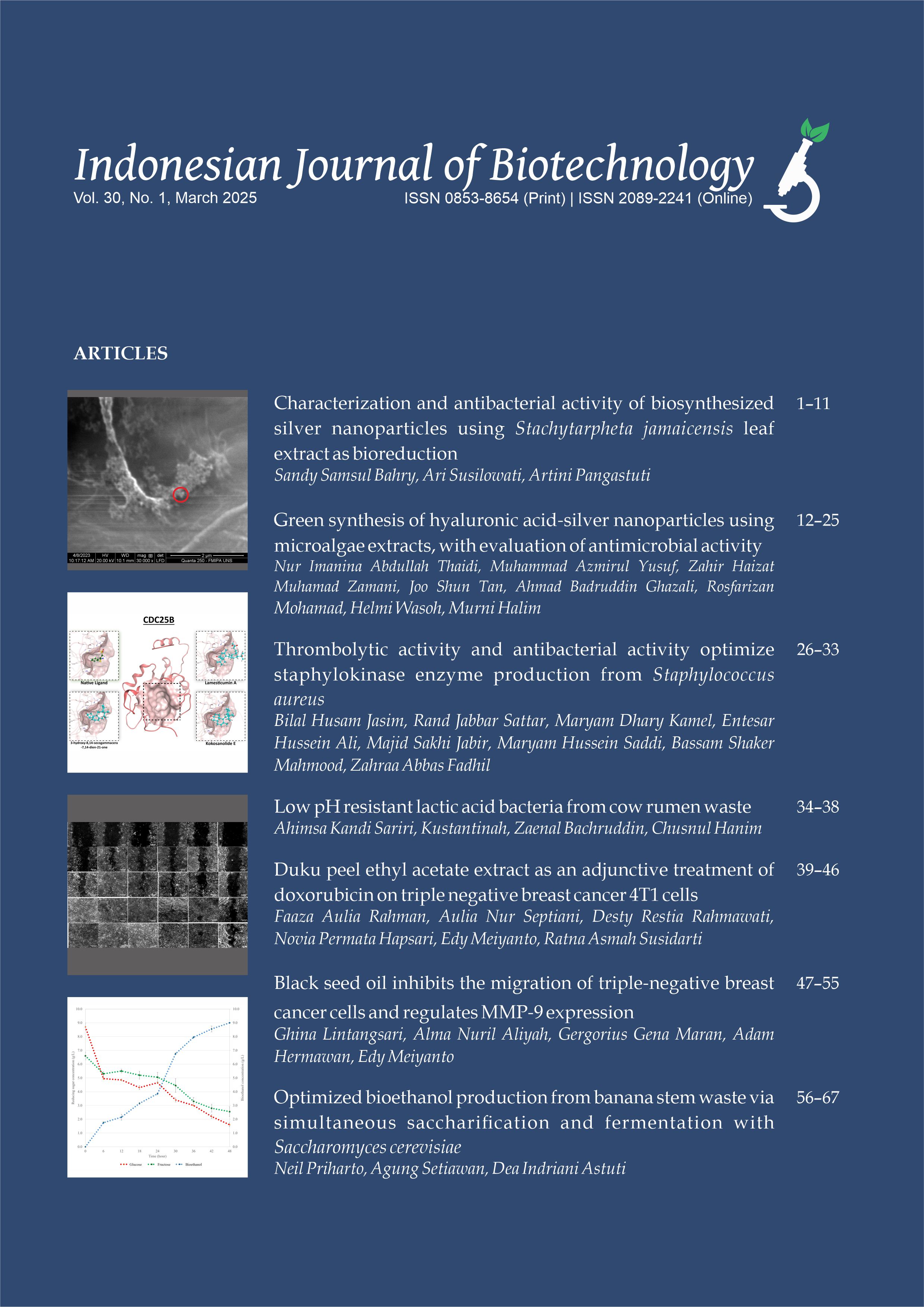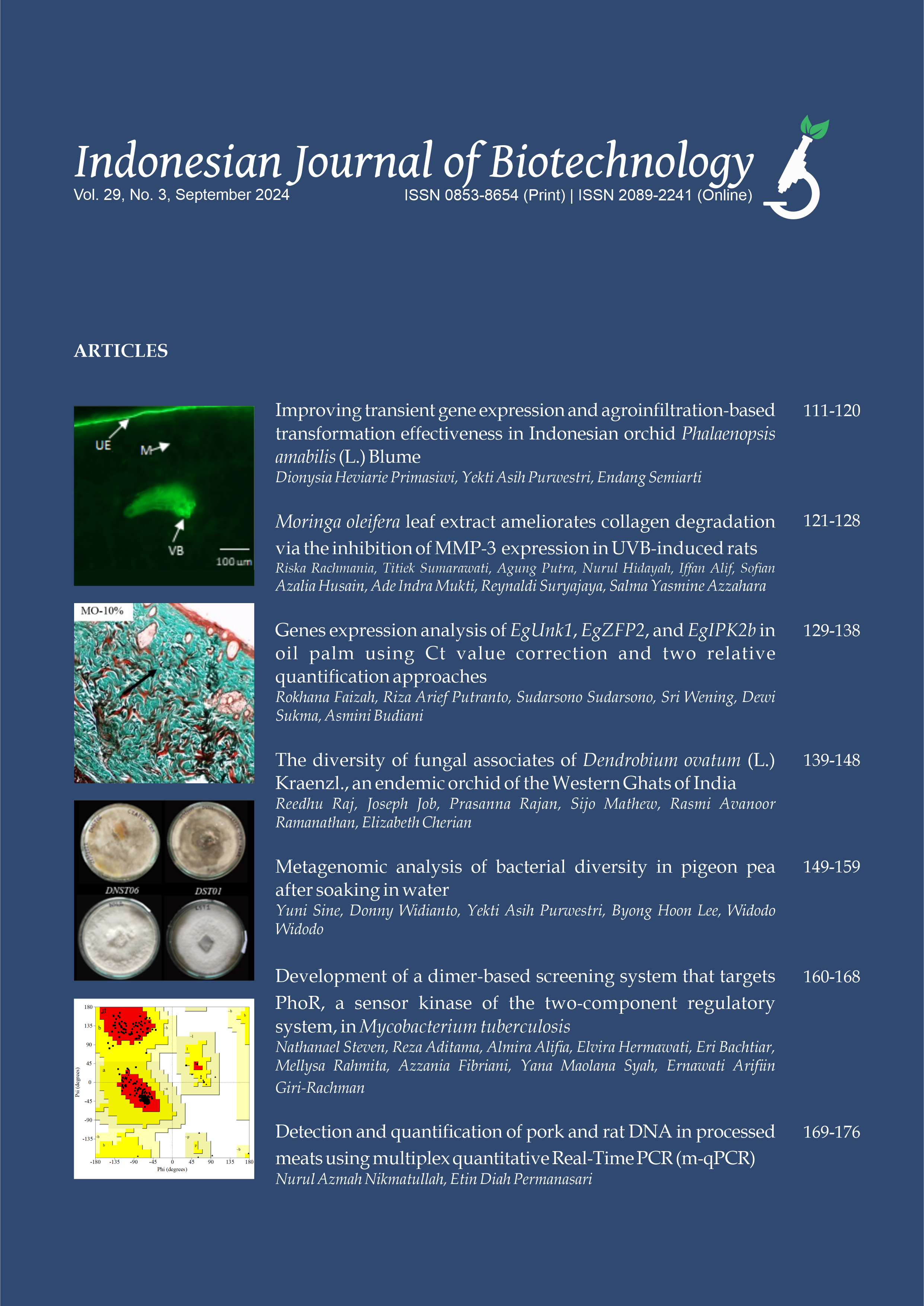Affiliation
Nara Institute of Science and Technology8916-5 Takayama, Ikoma, Nara 630-0801, JAPAN
Research fields
Analysis, using transgenic animals, of functions of animal genes which are homologs of human genes implicated in diseases.
Education
Mar, 1975 Graduated from Kyoto University Faculty of Medicine, Kyoto,
Japan
May, 1975 Obtained Medical Doctor’s license
November, 1981 Completed Graduate School of Medical Science, Kyoto University and obtained the PhD degree (Doctor of Medical Science).
Position
July, 1975 Intern, Department of Internal Medicine, Kyoto University Hospital
April, 1980 Resident, Central Clinical Laboratory, Kyoto University Hospital
May, 1983 Visiting Scientist, National Institutes of Health, Bethesda Maryland, USA
June, 1987 Lecturer, Department of Medical Chemistry, Kyoto University Faculty of Medicine
May, 1988 Associate professor, Department of Medical Chemistry, KyotoUniversity Faculty of Medicine
April, 1993 Professor, Nara Institute of Science and Technology (NAIST), Nara, Japan, until March 2016
April, 2009 Vice Dean of Graduate School of Biological Sciences, Nara Institutes of Science and Technology, until March 2011
April, 2011 Aide to President of NAIST, until March 2013
April, 2015 Director, Department of Educational Development, NAIST Institute for Educational Initiatives (Concurrent position)
March, 2016 Retirement at mandatory age
April, 2016 Professor Emeritus, NAIST Director, Division for Educational Development, NAIST Institute for Educational Initiatives (Full-time position)
Head, NAIST Indonesia Offices in Bogor and Jogjakarta, until March 2022
April, 2022 Director, Division for Global Educational, NAIST Institute for Educational Initiatives
Publications (since 2018)
1. Association of the HtrA1 rs11200638 Polymorphism with Neovascular Age-Related Macular Degeneration in Indonesia.
Supanji S, Perdamaian ABI, Romdhoniyyah DF, Sasongko MB, Agni AN, Wardhana FS, Widayanti TW, Prayogo ME, Oka C, Kawaichi M.
Ophthalmol Ther. 2022 Feb;11(1):125-133.
2. HtrA1 meets NETs: does it open a new field?
Oka C, Kawaichi M.
Blood. 2021 Sep 16;138(11):920-921.
3. The Target Differences of Anti-Tumorigenesis Potential of Curcumin and its Analogues Against HER-2 Positive and Triple-Negative Breast Cancer Cells.
Meiyanto E, Husnaa U, Kastian RF, Putri H, Larasati YA, Khumaira A, Pamungkas DDP, Jenie RI, Kawaichi M, Lestari B, Yokoyama T, Kato JY.
Adv Pharm Bull. 2021 Jan;11(1):188-196.
4. Associations of ARMS2 and CFH Gene Polymorphisms with Neovascular Age-Related Macular Degeneration.
Supanji S, Romdhoniyyah DF, Sasongko MB, Agni AN, Wardhana FS, Widayanti TW, Prayogo ME, Perdamaian ABI, Dianratri A, Kawaichi M, Oka C.
Clin Ophthalmol. 2021 Mar 11;15:1101-1108.
5. Diphtheria toxin-mediated transposon-driven poly (A)-trapping efficiently disrupts transcriptionally silent genes in embryonic stem cells.
Bai J, Kondo R, Mayasari NI, Shigeoka T, Isotani A, Ikawa M, Sashida G, Kawaichi M, and Ishida Y.
Genesis. 2020 Sep;58(9):e23386.
6. Anti-proliferative and Anti-metastatic Potential of Curcumin Analogue, Pentagamavunon-1 (PGV-1), Toward Highly Metastatic Breast Cancer Cells in Correlation with ROS Generation.
Meiyanto E, Putri H, Arum Larasati Y, Yudi Utomo R, Istighfari Jenie R, Ikawati M, Lestari B, Yoneda-Kato N, Nakamae I, Kawaichi M, and Kato JY.
Adv Pharm Bull. 2019 Aug;9(3):445-452.
7. Loss of HtrA1 serine protease induces synthetic modulation of aortic vascular smooth muscle cells.
Ikawati M, Kawaichi M, and Oka C.
PLoS One. 2018 May 16;13(5):e0196628.
8. Curcumin Analog Pentagamavunon-1 (PGV-1) Sensitizes Widr Cells to 5-Fluorouracil through Inhibition of NF-κB Activation.
Meiyanto E, Septisetyani EP, Larasati YA, and Kawaichi M.
Asian Pac J Cancer Prev. 2018 Jan 27;19(1):49-56.









